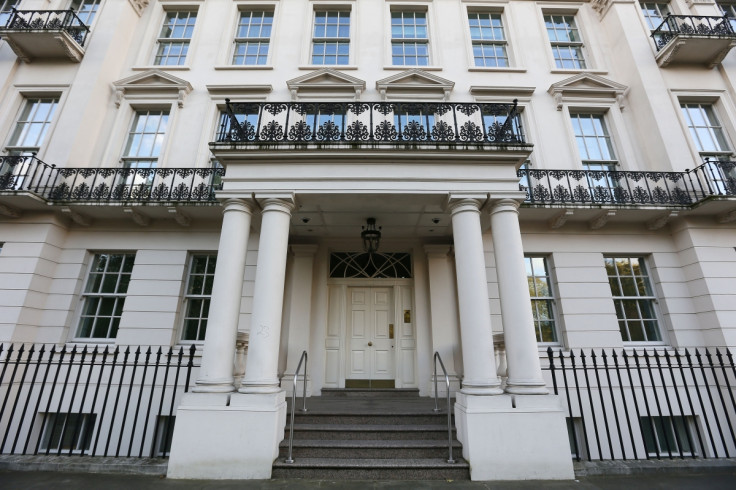Wealthy London Homeowners Flee City and Drive up House Prices Elsewhere

London homeowners are cashing in on the soaring value of their houses by moving out and driving up prime property prices in other towns and cities across the UK.
According to property market researcher Knight Frank, house prices in prime urban areas outside the capital rose by an average of 8.2% over the year to March. They have outperformed prime rural properties, where price growth was 4.1%.
Spiralling house prices in London is pushing out would-be first time buyers. But those who already own a home are being tempted to take their profit and leave the city to get more property for their money elsewhere in the UK.
"Excellent schools on the doorstep, the convenience of having local amenities nearby, as well as good transport links back to the capital are all big drivers of the prime urban markets, especially for buyers relocating from London who are also able to take advantage of the not insignificant price gap that currently exists," said Oliver Knight of Knight Frank's residential research department.
Nationwide Building Society said London's average house prices shot up by 18.2% between Q1 2013 and Q1 2014 to an average of £362,699. This compares with 9.2% growth for the UK as a whole and an average price of £178,124.
Sevenoaks, Winchester, Bristol, Bath and Oxford have all seen prices rise because ex-Londoners are flocking to these places for property.
"The continued growth of popularity in towns/cities follows the demands of London buyers looking for a quieter lifestyle with excellent education and good communications to London but coupled with cosmopolitan characteristics such as fine restaurants et al," said Rupert Sweeting, Head of Knight Frank Country.
"In effect a similar neighbourhood to that which they experience in London's borough like Chelsea, Wandsworth and Fulham."
London's house prices are being driven up by a number of factors. Foreign investors view prime London property as a secure asset. These investors, many of whom are looking for a safe haven because of political or economic troubles in their native states, can often pay in cash.
So high foreign demand drives up prices in prime areas, which then spill over into outer neighbourhoods.
Moreover, the UK economy is weighted disproportionately towards London. As a result, many Britons flock to the city, which has a population of eight million, because there are more jobs and the pay is better, as well as the cultural attractions.
The government has also made mortgages cheaper and easier to access through its Help to Buy scheme, increasing housing demand from first time buyers.
This intense domestic and foreign demand for property puts significant pressure on London's inadequate supply, pushing up property prices.
© Copyright IBTimes 2025. All rights reserved.






















